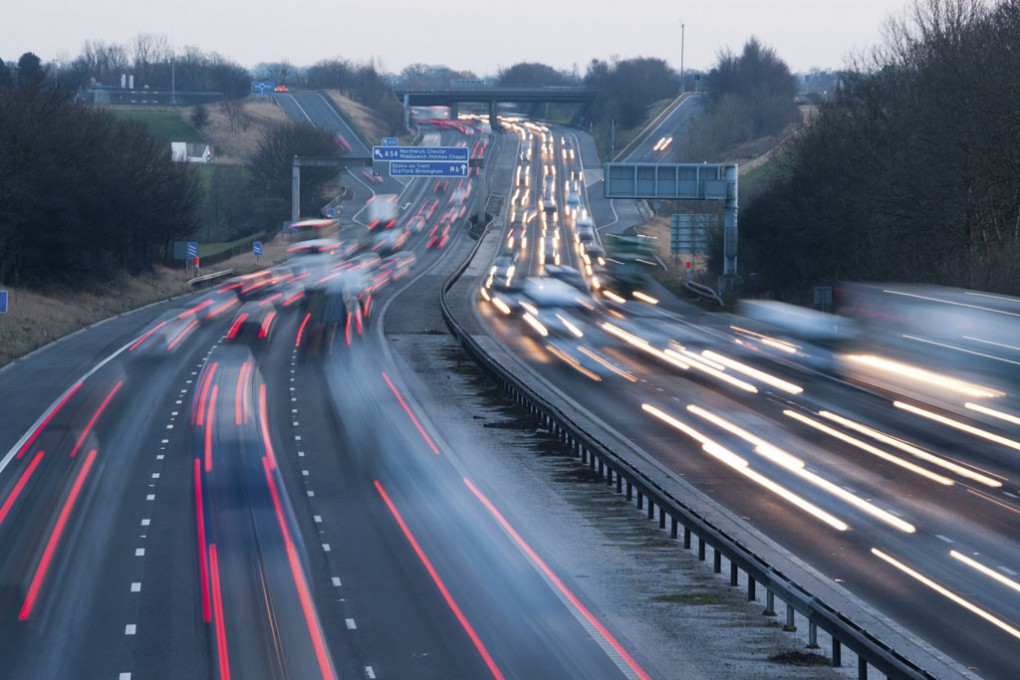The Traffic Management Bill Received Royal Assent on 22 July 2004.
The House of Commons will considered Lords Amendments to the Traffic Management Bill on 15 July 2004 and reinstated the previous amendments removed by the Lords.
The Traffic Management Bill received its third reading in the House of Lords on 8 July 2004. Raising the motorway speed limit to 80 mph was discussed but not approved (see PACTS Parliamentary Briefing on Motorway Speed Limits).
The Traffic Management Bill went to Report Stage in the House of Lords on 29 June 2004. The Bill was amended to remove the Government’s power to impose Traffic Directors on failing local authorities. Raising the motorway speed limit to 80 mph was also discussed but not approved (see PACTS Parliamentary Briefing on Motorway Speed Limits).
The Traffic Management Bill compleded Grand Committee in the House of Lords on 4 May 2004. Issues raised in Grand Committee included guidance on road hierarchies; including pedestrians and cyclists in the definition of ‘traffic’; using parking revenue for road safety purposes; and including contraventions of cycle lanes in the list of offences subject to civil enforcement.
The Traffic Management Bill had its second reading in the House of Lords on 1 April 2004. The first reading in the House of Lords was held on 17 March 2004.
In the second reading debate, Lord Faulkner of Worcester, Viscount Simon, Viscount Goschen, Lord Bradshaw and Lord Rotherwick raised concerns about the plan to transfer some police powers to Highways Agency officers. In particular, they sought assurances that the 540 police ‘freed up’ by the move will not be diverted to other policing duties, and that the desire to keep traffic moving after incidents on motorways will not conflict with the need to gather evidence.
Lord Faulkner, Lord Berkeley and Lord Bradshaw raised concerns that the duty placed on local authorities to secure the ‘expeditious movement of traffic’ should include all road users (including cyclists and pedestrians) and should not conflict with road safety or environmental aims. Speaking on behalf of the Government, Lord Davies of Oldham gave assurances that ‘cyclists and pedestrians are part of the process. Effective road management means that on behalf of all road users we must try to create the best possible environment’.
Lord Berkeley also argued that the traffic offences subject to civil enforcement in the bill should include violations of advance stop lines for cyclists and all types of cycle lanes.
Read PACTS Parliamentary Briefing on the Lords Second Reading of the Traffic Management Bill
The Bill received its third reading and report stage in the House of Commons on 16 March 2004.
Read PACTS Parliamentary Briefing for the Third Reading of the Traffic Management Bill.
The Traffic Management Bill completed Committee Stage in the House of Commons on 10 February 2004, after nine sessions of debatee. Brian White MP (Lab, Milton Keynes North East), John Thurso MP (Lib Dem, Caithness, Sutherland and Easter Ross) and Paul Marsden MP (Lib Dem, Shrewsbury and Atcham) tabled and debated amendments aimed at making safety an explicit priority in traffic management. The amendments were withdrawn, however, after Ministers gave assurances that safety and environmental considerations would be contained in the guidance accompanying the bill.
Read the full text of the Committee debates
The second reading of the Traffic Management Bill was held on 5 January 2004.
PACTS Parliamentary Briefing on the Second Reading of the Traffic Management Bill
The Traffic Management Bill had its first reading on 11 December 2003.
PACTS Queen’s Speech Briefing 2003/4
For more information on the Bill, read the Transport Committee Report on the Bill or the House of Commons Library Research Paper on the Bill.

